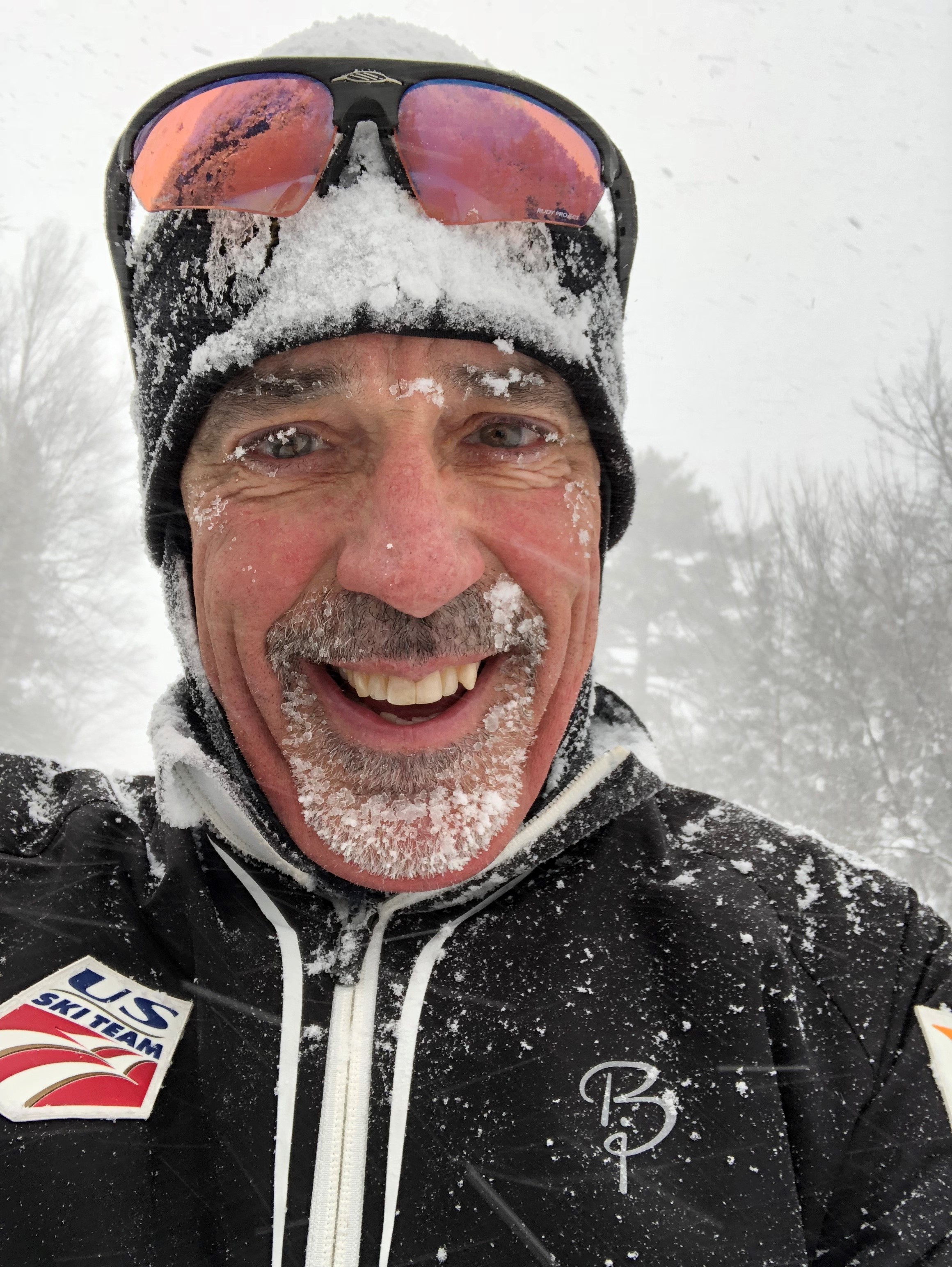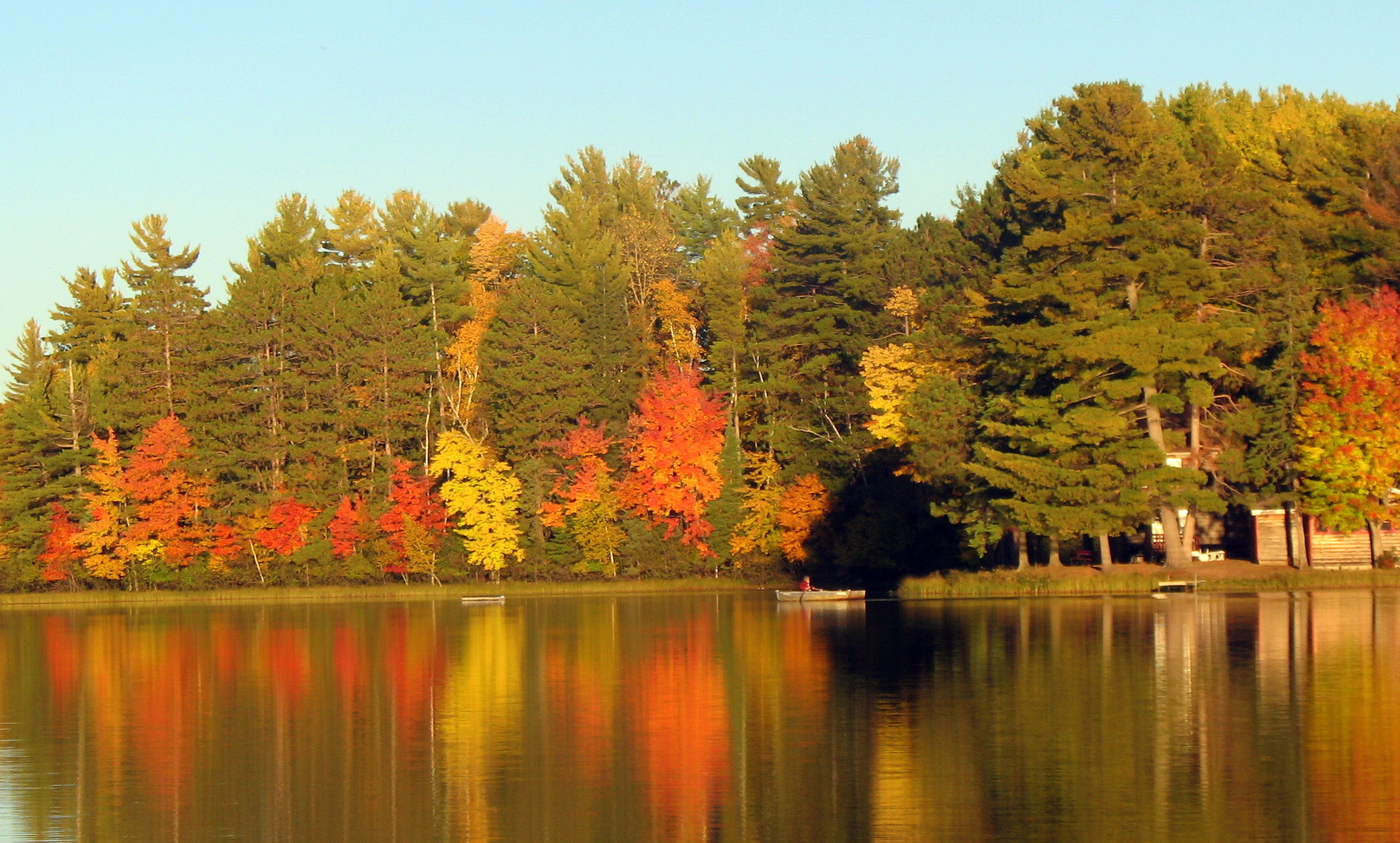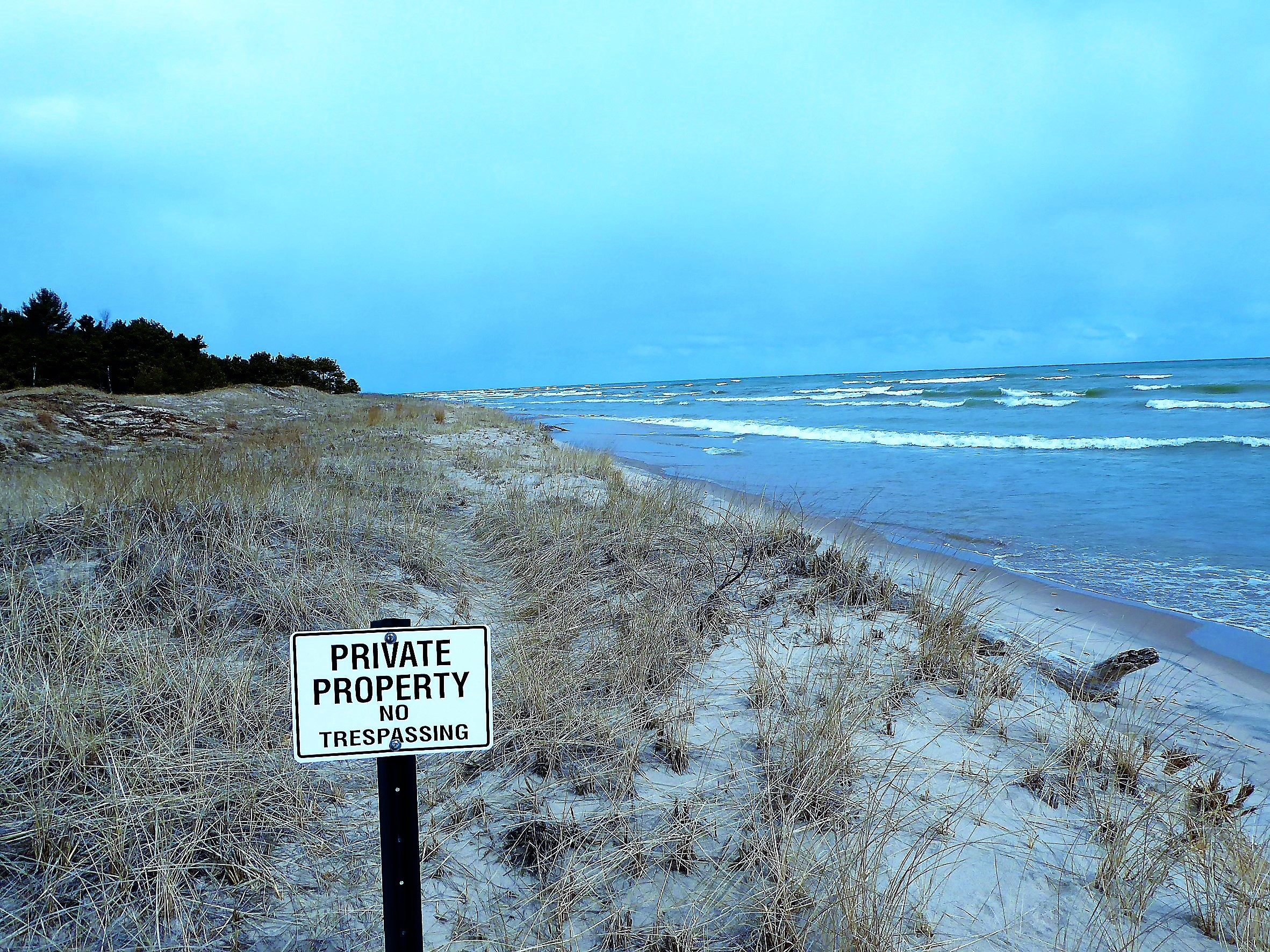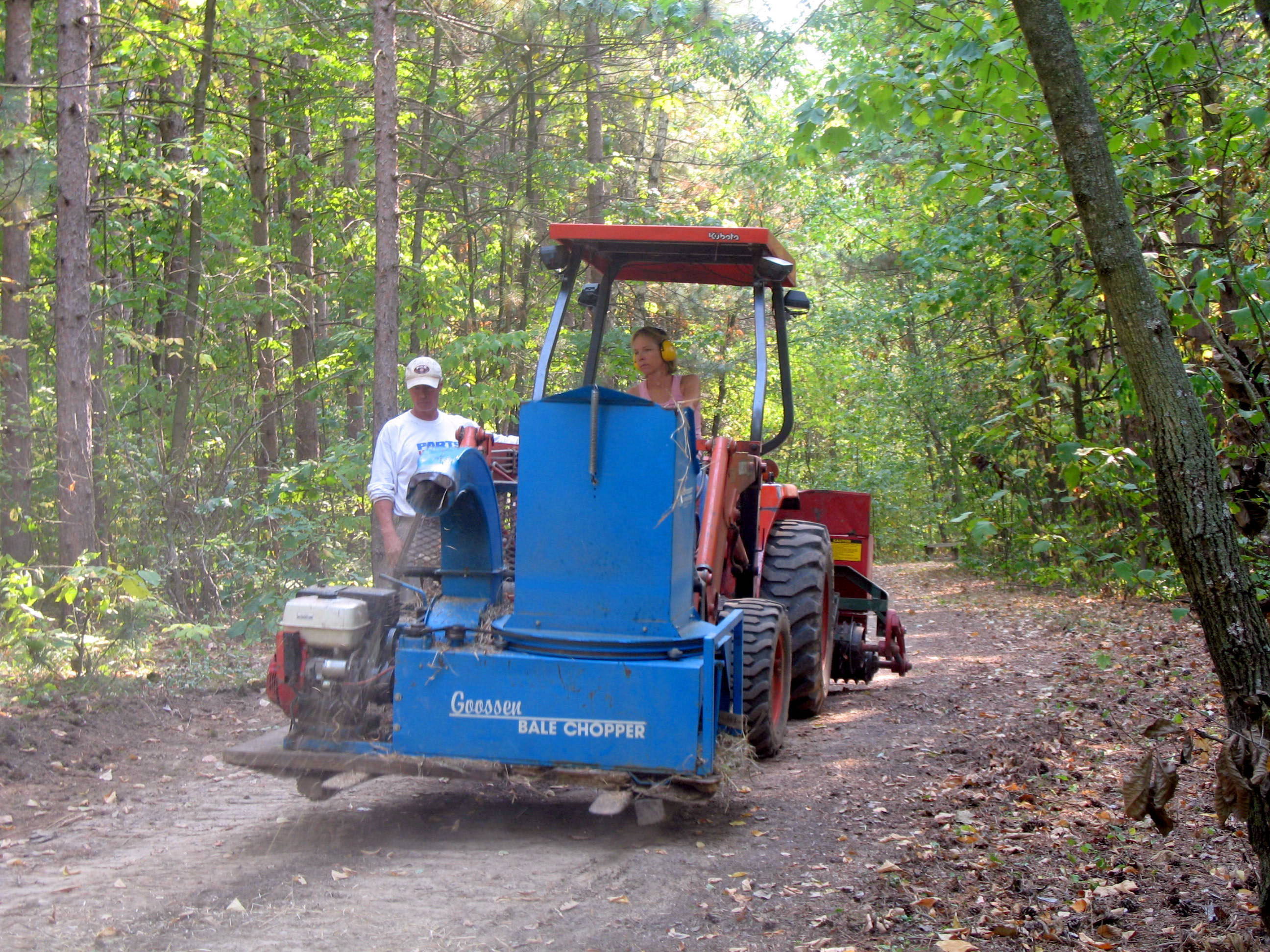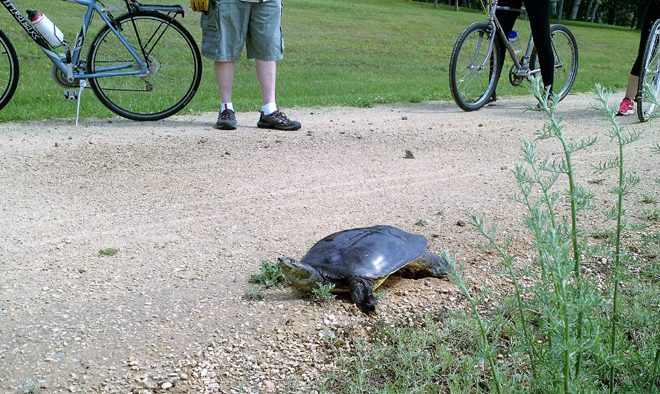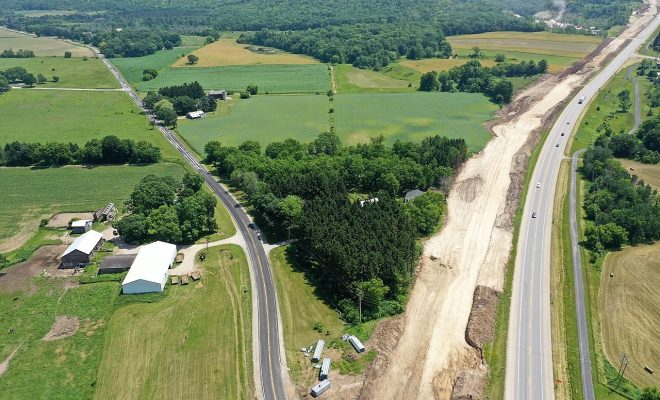May Silent Alarm; Wisconsin state budget battle gears up/Milwaukee snags 2010 Democratic Convention
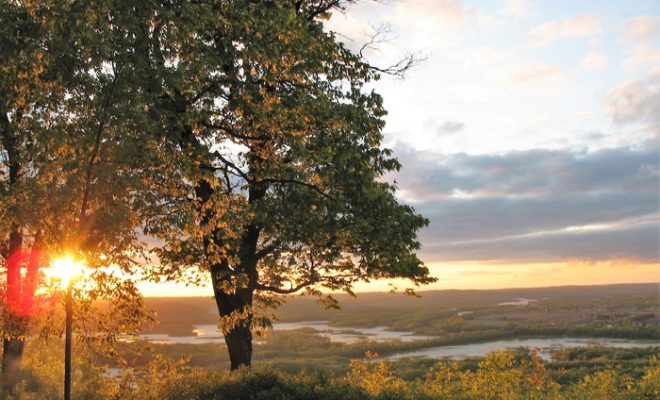
BY MIKE MCFADZEN
Evers’ budget and proposed bills impact natural resources and recreation
March and April were a whirlwind of political activity.
Wisconsin Gov. Tony Evers delivered his first state budget to a Republican-dominated legislature, important natural resources bills were bandied about and Milwaukee was named to host the 2020 Democratic convention.
The Convention is huge news, as Milwaukee edged out perennial convention towns Miami and Houston to land the coveted event.
Besides the estimated economic impact of $180 million, analysts expect a moderate shift in Wisconsin’s politics and a boost to Democratic-style candidates.
The Evers’ budget doubled down on education and road funding, both of which were largely ignored by former Gov. Scott Walker.
Other budget biggies include cutting middle-class taxes, increasing property taxes, accepting the Federal Medicare Expansion (which will save the state billions over the next four years), proposing a nonpartisan redistricting process, increasing the minimum wage, eliminating coal from all electricity production by 2050 and undoing Walker’s lame-duck law changes.
The state’s $616 million surplus would be whittled down to $20 million if all these proposals are approved by the legislature – but that won’t happen.
The Governor’s budget is just a starting point. The legislature will likely have a different view.
Now the hard work begins. Hopefully, the state returns to committee-structured legislation. That’s where laws are developed organically via senate and house committees, go through a hearing process and then are voted up or down based on the virtue of the legislation. Unfortunately, in recent years, government gets done through massive, omnibus spending bills.
This is where the budget and laws are hashed out by the powerful Joint Finance Committee, sometimes in the middle of the night.
The chosen few make last-minute decisions for the masses. It’s kinda like throwing everything in the blender, turning it on high and peering into Wisconsin government. It’s not all bad, but government can be more effective.
Natural resource/recreation funding
In regards to the budget, there were several measures that will affect recreation and natural resources.
The good news is that Evers included $1.4 million for state parks via the Parks Segregated Fund. It probably sounds strange, but parks can’t spend their own money without legislative authority.
State Government asked parks to be more effective and businesslike, which they have, but the purse strings are tightly controlled.
The bad news is that General Purpose Revenue (GPR) from taxes will not be restored for state parks at this time. Many Silent Sports readers know the GRP was cut from the state budget in 2016, leaving Wisconsin as one of the only states in the country to solely fund operations from user fees.
The majority of Wisconsin resident’s first experience with natural resources is often by visiting a park or trail.
The state’s long-term natural heritage could be at risk if parks become too expensive and families choose to spend their money elsewhere.
Stewardship was another surprise.
The Knowles-Nelson Stewardship program provides grants to local units of government and nonprofit organizations to help fund land acquisition and recreational development. This popular program will remain at its current level of $33 million annually in the Evers’s budget. Many conservation groups were expecting stewardship to grow to $50 million – still down from $82 million in the Gov. Doyle days.
Water quality got a huge boost by Evers slating $83 million on water-quality issues.
This includes monies to clean up drinking water, replace lead water lines and hire scientists who will work with areas contaminated by perfluorinated chemicals.
Contaminated sites include Madison’s Truax Field, The Air National Guard 128th Refueling Wing in Milwaukee and a Marinette chemical leak that tainted streams, groundwater and local wells.
Bills Introduced for state parks water quality and pollution partnership
Sen. Cowles (R-Green Bay) proposed bill LRB 0788, which would provide $5.2 million in stewardship funding for critical health and water safety projects in Wisconsin state parks.
This bill builds on last session’s Act 71, authored by Cowles, which provided $4.5 million for the first round of critical water infrastructure projects.
Sen. Cowles also introduced the Pollution Prevention Partnership (P3).
This bill creates a nutrient trading marketplace in which greater amounts of pollution would be removed from state waterways by incentivizing water quality trades.
“You can currently make nutrient trades but, it’s difficult for a farmer or golf course to know how to exchange credits with large businesses to get these trades done – it gets pretty complex,” Cowles told Silent Sports. “The trading desk will make it easier for these entities to interact.”
Cowles cited support from business, municipal and the environmental community.
“Water quality trading is not a new idea, but the inflexibility of the current process has left Wisconsin with only a handful of trades,” said Cowles.
Check out the July 2018 issue of Silent Sports for an overview of water issues affecting the state (silentsports.net/2018/07/02/july-silent-alarm/).
Coming to a park near you on May 11 – Wisconsin loves parks
Looking for something to do on Saturday, May 11? Join hundreds of park supporters at one of several parks to raise awareness of State Parks funding.
The Friends of Wisconsin State Parks and the Sierra Club are collaborating in a campaign to restore state park general revenue (GPR) funding.
The goal is to restore tax support of $5 million which would allow parks to make needed infrastructure improvements, program upgrades and hire necessary staff.
Restoring GPR equates to $1 per resident.
State Parks create widespread economic benefits in their host communities according to numerous studies. Events will take place at Havenwoods, Kohler-Andrae, High Cliff and others.
For more information, visit www.sierraclub.org/wisconsin/outings-events or contact Liz Wessel ([email protected]) at 608-204-2717.


